| Umělec magazine 2000/4 >> Loops of Cycles (Chen Zhen) | List of all editions. | ||||||||||||
|
|||||||||||||
Loops of Cycles (Chen Zhen)Umělec magazine 2000/401.04.2000 Nataša Petrešin | china | en cs |
|||||||||||||
|
Contemporary art has long been consciously oriented towards art produced in Europe and the USA. On the other hand, recent events in other cultures slipping through the membrane of the contemporary art scene are certainly signs of general globalization and the logical progress of expanding borders. The curator Hans-Ulrich Obrist, for example, has already revealed the frequent presence of Asian artists in the influential project Cities on the Move. Whereas last year’s d’APERTutto at the Venice Biennial publicly confirmed the sheer number of participating Asian artists. Chen Zhen, who lives and works between Paris and Shanghai, is one of the artists that comes from this multi-contextual situation and uses it as one of his own creative principles.
In some of his works Zhen persuades the viewer to actively cooperate, and thus entirely define the artifact, as was the case in the drumming (in the ritual of Tibetan monks at first and later by the viewers) on the artist’s installation at the Venice Biennial. An ambient installation functions similarly in the Museum of Contemporary Art in Zagreb, Six Springs. It visualizes the very ancient relation between macrocosm— represented in the sense of daily cycle, divided into six equal parts (in the Buddhist thought these are early morning, middle sun, sunset, early night, middle night and late night)—and microcosm, revealed through the six site-specific installations in the theme of life cycles. This all forms united presentation of the corporeal arrival, departure and intermediate states of being, where the connotation of sexuality is apparently stressed. (It can be seen as a force that combines two opposite poles or realms.) The interpretation of the six artworks is wide open: Wandering from one room to another gives the whole thing a sense of pilgrimage and succession. Early morning is thus represented as a passage through a formless transparent installation. Filled with small tubes and bottles and smelling of sterile plastic masses, it awakens the earliest memories of our lives. Middle sun already differentiates between the two sexes, characterized by clichés—small soldier toys and Barbie dolls. In nature the sunset connects light and darkness, and in Zhen’s work the conjunction of two poles/sexes is signified by a huge flower bell, a symbol of love and formal union in the act of marriage. The next station is a cradle, whose rocking shadow embraces the whole space and thus can be understood as an illustration of the total attention every child demands. The installation of middle night is structurally the most open. Colorful patchwork with pencils stuck in it invites the viewer to leave personal scribbling on the fabric as proof of presence. The variety of patches is like the variety of experiences that we observe at the end of our lives, and we then reflect upon the way they have woven us into a single entity. The last installation is unambiguous, but does not visualize the end. On a sickbed, white candles form two openings: one like a crater, transmitting; the other smaller and receiving. Indirectly the circulation of incarnation can be felt, being brought forward by Zhen’s Buddhist view of the world. The exhibition’s loop form resonates even more strongly on a second walk through. Chen Zhen: Six Springs, Museum of Contemporary Art, Zagreb, May 28- July 7, 2000
01.04.2000
Recommended articles
|
|||||||||||||
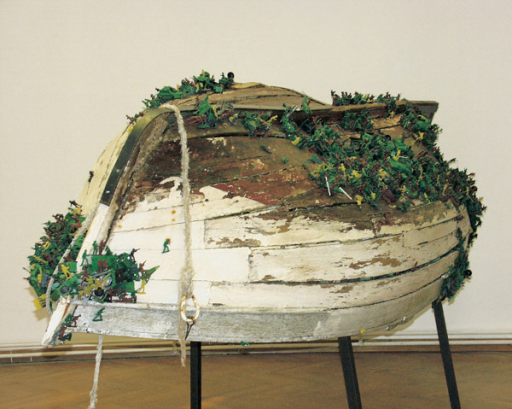
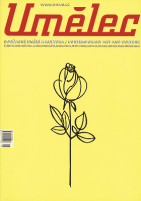



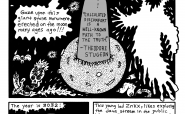
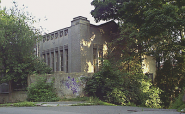
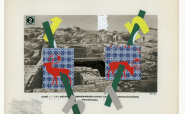
Comments
There are currently no comments.Add new comment